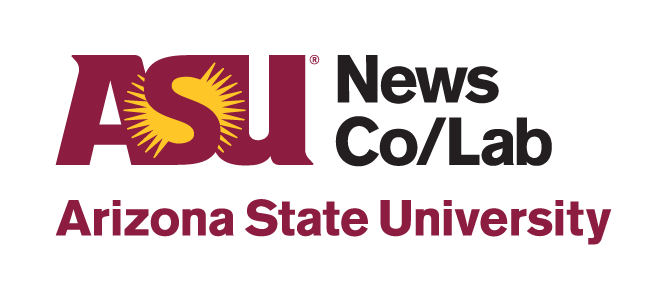
Teachers explore news literacy pilot project
Learn how Theresa Walsh Giarrusso helped New Jersey students better understand and interact with their media landscape.

New grads: Beware LinkedIn scams
Job scams are at a historic high, and the rouses are more elaborate than you may think.

Science the sh*t out of this
Never has it been more important to understand the goals and purpose of science — especially in the context of health.

Our new digital media literacy degree: A “user’s guide” to 21st century digital life
This fall, the Cronkite School is launching its new bachelor’s in Digital Media Literacy — the first of its kind in the country.

6 Mediactive principles for media consumers
How do you choose what news story to read or Instagram post to share? Most of us consume and share media that grabs our attention without vetting it much. But a better approach is to shift your mindset about how you choose what media to read, listen to and watch....

Q&A: Providing critical COVID-19 info to the communities that need it most
Health journalists during the COVID-19 pandemic have faced seemingly insurmountable challenges. They are, of course, tasked with delivering critical health news and information to their communities. But these same journalists are simultaneously correcting the record...

News Co/Lab, America Amplified launch free online media literacy course
Arizona State University’s Walter Cronkite School of Journalism and Mass Communication announced the latest session of its free online course aimed at improving digital media literacy among adults. The News Co/Lab is offering the course in partnership with America...

All your Mediactive questions answered
The second session of the News Co/Lab’s media literacy course kicks off Sept. 13. Unsure if the free, three-week course is for you? The News Co/Lab team answers your questions about technology, time commitment, grading and more in this FAQ. Learn more about...
